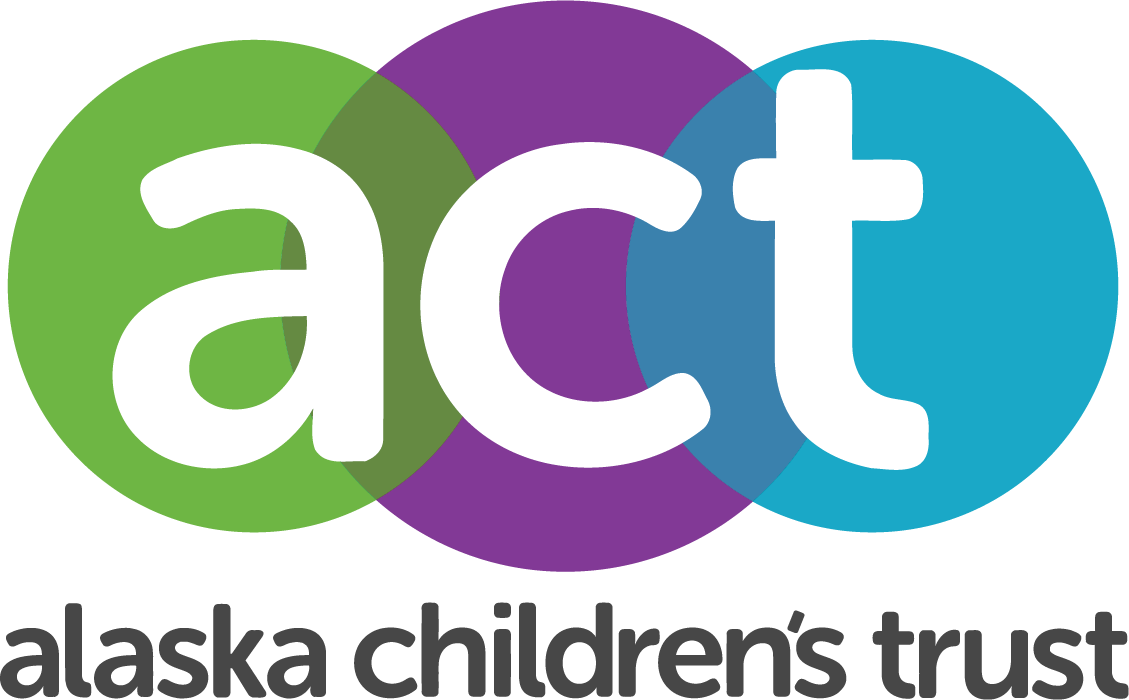Reinforcing the Importance of the Indian Child Welfare Act (ICWA) and its Role in Child Protection
We are pleased to share that as of this morning, June 15, the Supreme Court upheld the Indian Child Welfare Act (ICWA) in a 7-2 decision. The Indian Child Welfare Act is a federal law that helps to keep American Indian and Alaska Native children within Native families and communities. ICWA is often called the “gold standard” in child welfare; it establishes federally mandated standards for states for if a Native child is removed from his/her family and requires that the child’s Tribe be notified when a Native child is removed. The Act also requires that if a child is removed from their family, the child’s extended family is given preference to foster or adopt, followed by other members of the Tribe, and then followed by families from a different Tribe.
ICWA was enacted by Congress in 1978 in response to the fact that thousands of Native children (up to one in three) in the United States were separated from their parents, extended families, and communities and placed in non-Native homes. ICWA was recently under threat due to the Supreme Court case Haaland v. Brackeen, which challenged the constitutionality of the law and undermined Tribal sovereignty. Tribal organizations across Alaska and the Alaska Children’s Trust have been tracking the status of ICWA as the Haaland v. Brackeen case moved through the justice system. The case had tremendous implications for the children, youth, families, and whole communities of Alaska, especially as Native children continue to be disproportionally removed from their homes.
This systemic overrepresentation is an issue unto itself, but ICWA has helped ensure that Native children have stronger opportunities to connect to their culture and maintain ties to their homelands if they are removed from their home. ACT is relieved to see ICWA protected by our nation’s highest court, and honors the importance of culture as both a protective factor and positive childhood experience leading to better outcomes for physical and mental health of Alaska’s children and youth.
ACT Board Chair and The CIRI Foundation past President, Susan Anderson, said of the decision, “I commend the Supreme Court’s decision to uphold the Indian Child Welfare Act (ICWA), recognizing and preserving the importance of preserving Native families and protecting the future of our children. This decision reinforces and ensures a more inclusive and culturally sensitive approach to child protection”.
Chin'an, gunalchéesh, quyana, thank you to all of the advocates and organizations who worked tirelessly to emphasize the importance of ICWA, and to those who shared resources with ACT’s team related to this important work.



